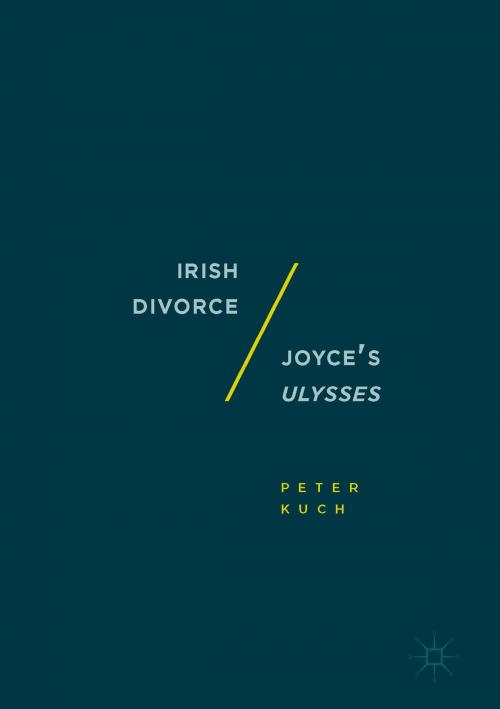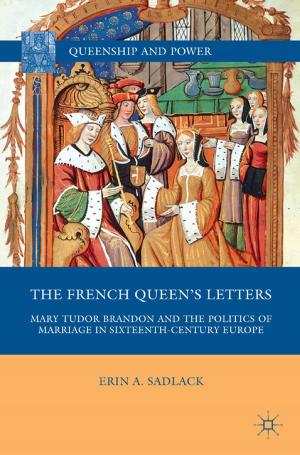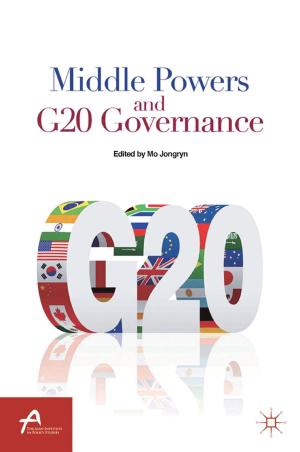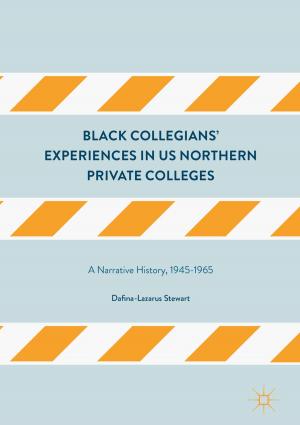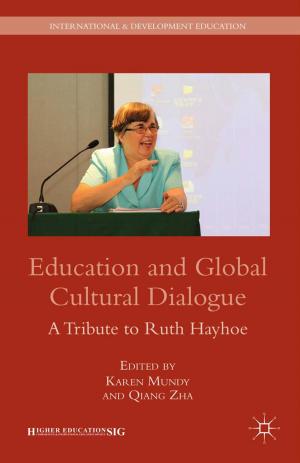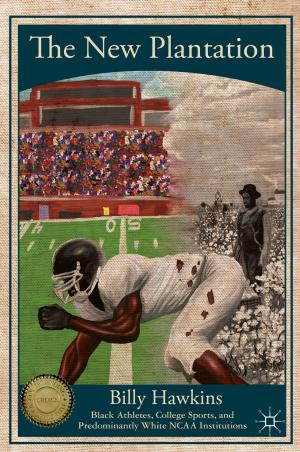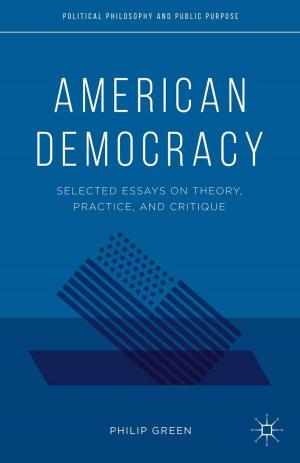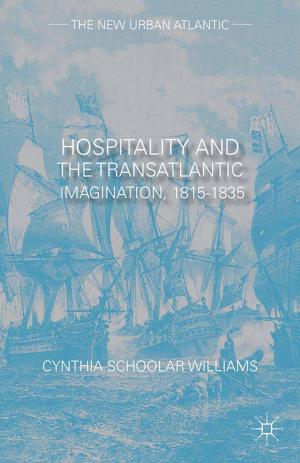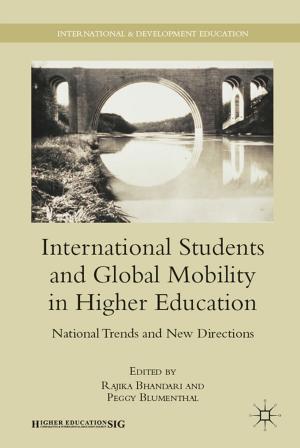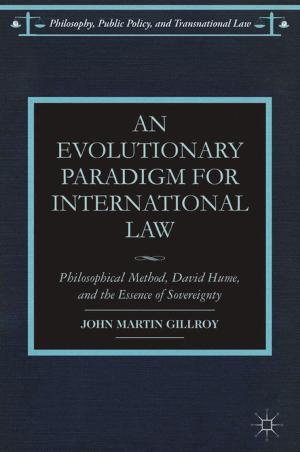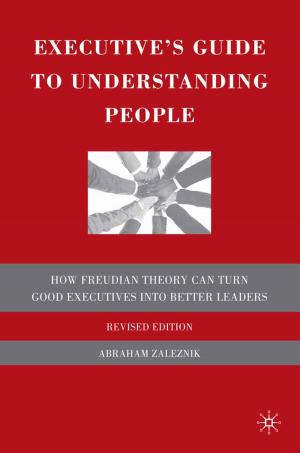Irish Divorce / Joyce's Ulysses
Fiction & Literature, Literary Theory & Criticism, European, British| Author: | Peter Kuch | ISBN: | 9781137571861 |
| Publisher: | Palgrave Macmillan US | Publication: | June 1, 2017 |
| Imprint: | Palgrave Macmillan | Language: | English |
| Author: | Peter Kuch |
| ISBN: | 9781137571861 |
| Publisher: | Palgrave Macmillan US |
| Publication: | June 1, 2017 |
| Imprint: | Palgrave Macmillan |
| Language: | English |
This engrossing, ground-breaking book challenges the long-held conviction that prior to the second divorce referendum of 1995 Irish people could not obtain a divorce that gave them the right to remarry. Joyce knew otherwise, as Peter Kuch reveals—obtaining a decree absolute in Edwardian Ireland, rather than separation from bed and board, was possible. Bloom’s “Divorce, not now” and Molly’s “suppose I divorced him”—whether whim, wish, fantasy, or conviction—reflects an Irish practice of petitioning the English court, a ruse that, even though it was known to lawyers, judges, and politicians at the time, has long been forgotten. By drawing attention to divorce as one response to adultery, Joyce created a domestic and legal space in which to interrogate the sometimes rival and sometimes collusive Imperial and Ecclesiastical hegemonies that sought to control the Irish mind. This compelling, original book provides a refreshingly new frame for enjoying Ulysses even as it prompts the general reader to think about relationships and about the politics of concealment that operate in forging national identity
This engrossing, ground-breaking book challenges the long-held conviction that prior to the second divorce referendum of 1995 Irish people could not obtain a divorce that gave them the right to remarry. Joyce knew otherwise, as Peter Kuch reveals—obtaining a decree absolute in Edwardian Ireland, rather than separation from bed and board, was possible. Bloom’s “Divorce, not now” and Molly’s “suppose I divorced him”—whether whim, wish, fantasy, or conviction—reflects an Irish practice of petitioning the English court, a ruse that, even though it was known to lawyers, judges, and politicians at the time, has long been forgotten. By drawing attention to divorce as one response to adultery, Joyce created a domestic and legal space in which to interrogate the sometimes rival and sometimes collusive Imperial and Ecclesiastical hegemonies that sought to control the Irish mind. This compelling, original book provides a refreshingly new frame for enjoying Ulysses even as it prompts the general reader to think about relationships and about the politics of concealment that operate in forging national identity
